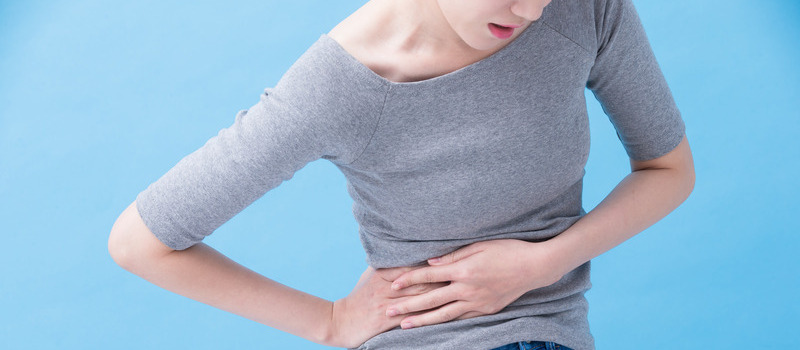Liver Health
Published October 12, 2022

What does your liver do?
Your liver is one of the most valuable organs in the human body, performing hundreds of vital tasks to help your body run smoothly. Some of the most critical functions of the liver include:
- Filtering the blood and breaking down harmful toxins and chemicals into less toxic substances for excretion from the body.
- Producing a substance called bile. Bile breaks down dietary fats and helps with the absorption of essential nutrients such as vitamins A, D, E and K.
- Converting carbohydrates into glucose for instant energy and storing glucose (as glycogen) for later use, ensuring a steady supply of energy for the body.
- Storing iron, vitamin B12 and copper.
- Making cholesterol and other fats that are needed by the body.
- Using amino acids to manufacture proteins required for many body functions.
- Helping regulate blood volume.
- Supporting your immune system.
Your liver is one of the hardest working organs in your body, particularly in today’s modern world of stress, pollution and fast foods. Taking the time to prepare wholesome food; exercise and reduce your exposure to toxins will not only help you look great on the outside but will also give your liver the support it needs to do its job well.
MAT-AU-2102361
Learn about which Nature's Own product may be appropriate for you.
SEE THE PRODUCTS HERE







